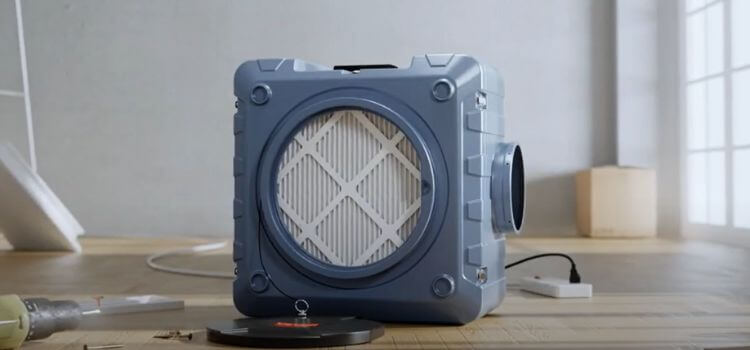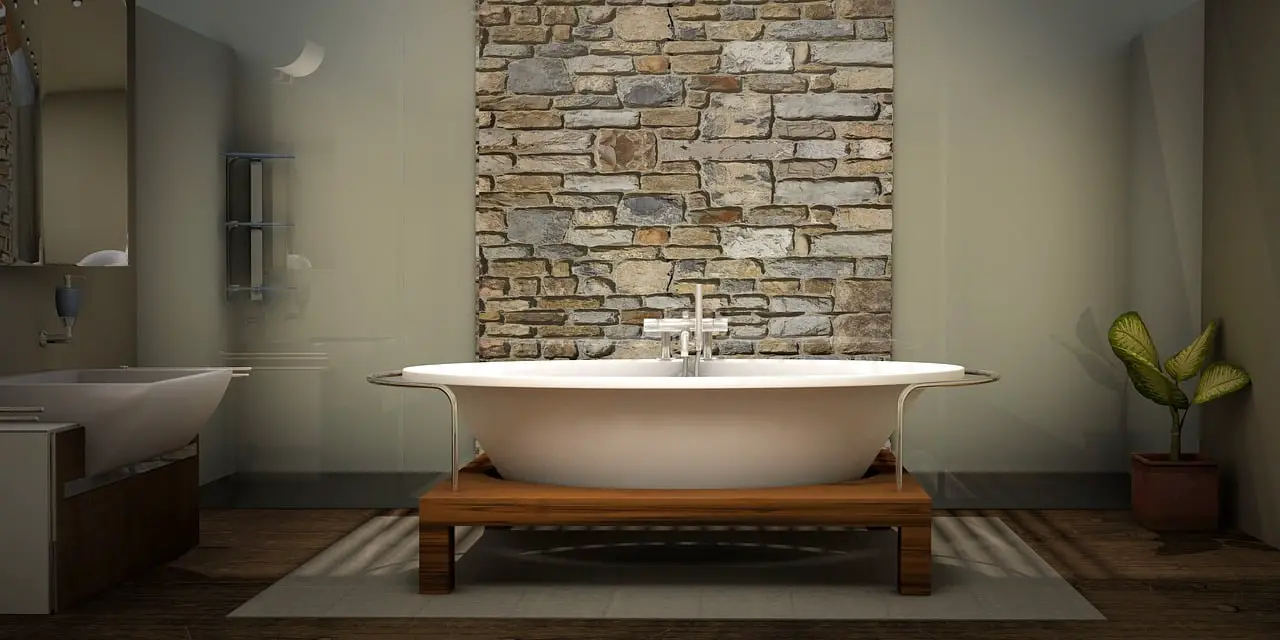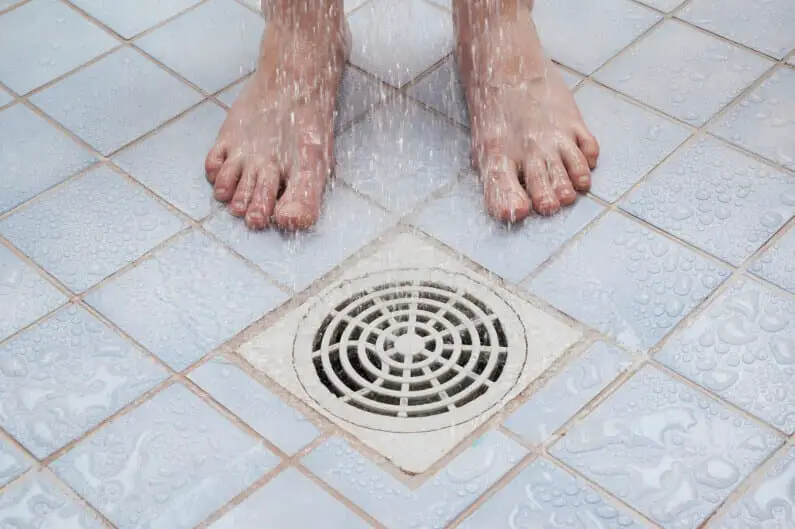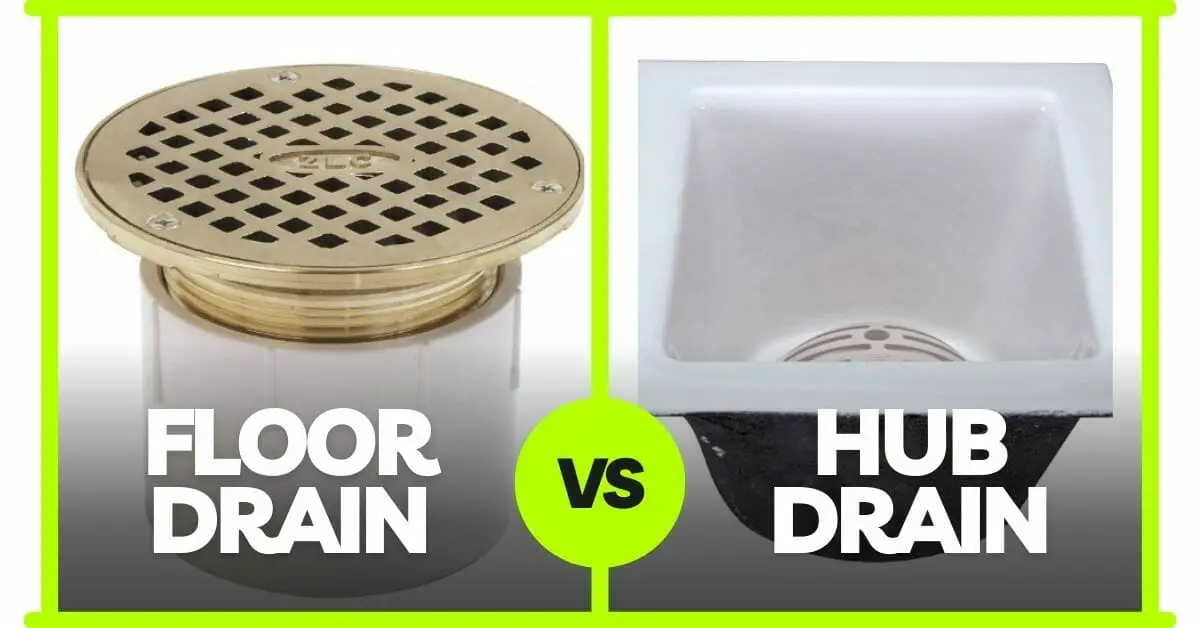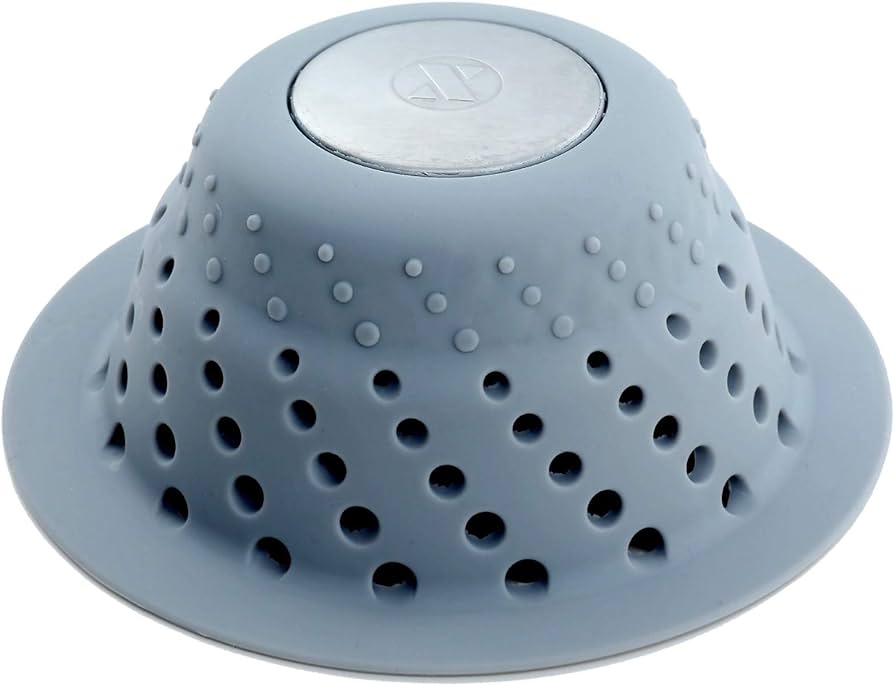Air scrubbers are generally safe when used correctly. They improve indoor air quality by removing contaminants.
Air scrubbers have gained popularity for their ability to enhance indoor air quality. These devices work by filtering out pollutants, allergens, and other harmful particles from the air, making the environment healthier and more breathable. Ideal for homes, offices, and industrial settings, air scrubbers effectively reduce airborne contaminants.
They are beneficial for individuals with respiratory conditions or allergies. Always follow the manufacturer’s guidelines to ensure safe operation. Proper maintenance and regular filter changes will keep the air scrubber functioning efficiently. Investing in an air scrubber can significantly improve the air quality in your living or working space.
What Are Air Scrubbers?
Air scrubbers are devices designed to clean the air by removing pollutants, allergens, and other harmful particles. Many people need clarification on whether these devices are safe to use.
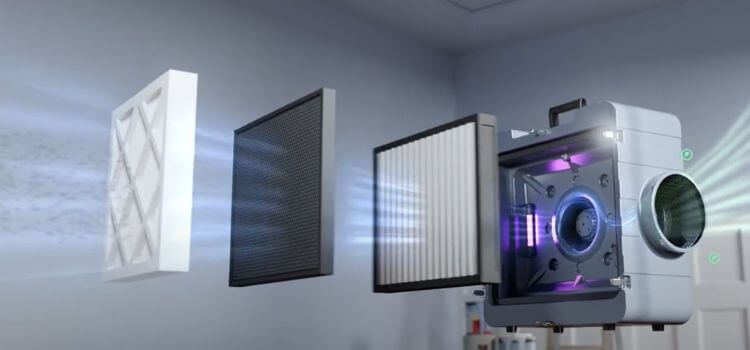
Types Of Air Scrubbers
Several types of air scrubbers are available on the market. Each type has unique features and uses.
- Portable Air Scrubbers: These are small, mobile units that can be easily moved from room to room. They are perfect for temporary use.
- Whole-House Air Scrubbers: These are more extensive systems. They are installed into your home’s HVAC system and clean the air throughout it.
- Industrial Air Scrubbers: These are heavy-duty units. They are used in large spaces like factories and warehouses. They handle high levels of pollutants.
Each type of air scrubber uses different methods to clean the air. Some use filters, while others use UV light or ionization. Choosing the right type depends on your specific needs.
How They Work
Air scrubbers draw in dirty air and pass it through various cleaning processes. The goal is to remove harmful particles and make the air cleaner.
Here’s a simple breakdown of how different air scrubbers work:
- Filter-Based Scrubbers: These use physical filters. The air passes through the filter, which traps dust, pollen, and other particles.
- UV Light Scrubbers: These use ultraviolet light, which kills bacteria and viruses in the air, making it healthier to breathe.
- Ionization Scrubbers release charged ions into the air. The ions attach to pollutants, causing them to fall to the ground, removing them from the air you breathe.
Each method has its pros and cons. For example, filters need regular replacement. UV lights need to be strong enough to kill germs. Ionizers must be used correctly to avoid ozone production. Understanding these methods helps you choose the best air scrubber for your needs.
Read Also: Air Scrubber Vs Air Purifier
Benefits Of Air Scrubbers
Air scrubbers are devices used to clean the air. They help remove pollutants, dust, and other harmful particles. People often worry about the safety of these devices, but they have many benefits. They improve air quality and offer health advantages.
Improving Air Quality
Air scrubbers make the air cleaner. They remove dust, pollen, and smoke. This is helpful for people with allergies. Clean air is essential for everyone. Air scrubbers capture small particles that we can’t see. These particles can be harmful. Here are some benefits of air scrubbers:
- Remove dust and dirt from the air.
- Help with allergies by removing pollen.
- Reduce smoke and odors in the home.
Air scrubbers use filters and UV light to catch and destroy harmful particles, making the air safer to breathe. Cleaner air means a healthier life, as people can breathe more easily and feel better. Air scrubbers are a good investment for any home.
Health Advantages
Using air scrubbers has many health benefits. Breathing clean air is essential. It can reduce the risk of asthma and other breathing problems. People feel better when they have clean air. Air scrubbers help remove bacteria and viruses from the air, making you less likely to get sick.
Here are some health advantages of using air scrubbers:
- Lower risk of asthma and allergies.
- Fewer colds and flu due to cleaner air.
- Better sleep because of improved air quality.
Air scrubbers also reduce the spread of germs. This is important in places like schools and hospitals. Cleaner air means fewer health problems. People can enjoy a healthier life with air scrubbers. They are safe and beneficial devices for homes and workplaces.
Potential Risks Involved
Air scrubbers are devices that clean the air by removing pollutants. People often use them in homes and offices. While they are helpful, some wonder if air scrubbers are dangerous. This article will explore the potential risks involved with using air scrubbers.
Chemical Emissions
Air scrubbers can release chemical emissions, which can come from the filters inside the scrubbers. The chemicals used can sometimes be harmful. For instance, some air scrubbers use ozone. Ozone can help clean the air but can also cause health problems. Breathing in too much ozone can lead to coughing and throat irritation. It can even make asthma worse.
Another concern is with volatile organic compounds (VOCs). Some air scrubbers can release VOCs into the air. VOCs are chemicals that can cause headaches and dizziness. They can also harm the liver and kidneys over time. Here is a table showing common VOCs and their effects:
| VOC | Health Effects |
|---|---|
| Formaldehyde | Eye, nose, and throat irritation |
| Benzene | Headaches, dizziness, and drowsiness |
| Toluene | Liver and kidney damage |
Before purchasing an air scrubber, it’s crucial to thoroughly review its specifications. Pay particular attention to models that do not emit harmful chemicals, as this significantly contributes to the safety of the air scrubber.
Noise Levels
Another risk with air scrubbers is the noise levels they produce. Some air scrubbers can be very loud. Loud noises can be distracting and can cause stress. Kids and pets can be susceptible to noise. It’s essential to choose a model that operates quietly. Here are some tips to reduce noise:
- Place the air scrubber in a room where noise won’t be a problem.
- Use the air scrubber at lower settings to reduce noise.
- Look for models with noise-reduction features.
In some cases, loud noise can even cause hearing damage over time. This is especially true if the air scrubber runs for long periods. Here is a table showing noise levels and their effects on health:
| Noise Level (dB) | Possible Effects |
|---|---|
| 30-40 dB | Quiet, no harmful effects |
| 50-60 dB | Moderate, can be distracting |
| 70-80 dB | Loud, can cause stress |
| 90+ dB | Very loud, can cause hearing damage |
Choosing a quiet air scrubber can help avoid these problems. It makes the home or office environment more comfortable and safe for everyone.
Common Misconceptions
Air scrubbers are devices designed to purify the air in indoor spaces. Many people worry about their safety and effectiveness, and common misconceptions often lead to confusion. This blog post aims to clear up these misunderstandings.
Safety Myths
Some think air scrubbers are dangerous. This is not true. Let’s address some safety myths:
- Myth 1: Air scrubbers release harmful chemicals.
- Fact: Most air scrubbers use safe filtration methods. They do not release harmful chemicals.
- Myth 2: Air scrubbers can cause health problems.
- Fact: Properly maintained air scrubbers improve indoor air quality. They reduce allergens and pollutants.
- Myth 3: Air scrubbers are noisy and disruptive.
- Fact: Modern air scrubbers are designed to be quiet. They operate without disturbing your daily activities.
Air scrubbers have safety certifications, which ensure they meet strict safety standards. Always choose a certified air scrubber for peace of mind.
Effectiveness Myths
People also need to be convinced about the effectiveness of air scrubbers. Here are some effectiveness myths:
- Myth 1: Air scrubbers do not remove viruses.
- Fact: Advanced air scrubbers can capture and destroy viruses. They use technologies like HEPA filters and UV light.
- Myth 2: Air scrubbers only work in small spaces.
- Fact: Air scrubbers come in various sizes. Some models can purify large areas effectively.
- Myth 3: Air scrubbers are optional if you have houseplants.
- Fact: Houseplants help, but they cannot replace air scrubbers, which provide a more comprehensive air purification solution.
Studies show that air scrubbers can improve overall air quality. They reduce dust, allergens, and pollutants. This leads to a healthier living environment.
Proper Usage Guidelines
Air scrubbers clean the air by removing particles, chemicals, and other pollutants. They are used in homes and workplaces to improve air quality. Many people wonder if air scrubbers are dangerous. Proper usage guidelines ensure safety and effectiveness.
Installation Tips
Proper installation is crucial for air scrubbers. Follow these tips for safe and effective use:
- Choose the right location: Place the air scrubber in an area with good airflow.
- Read the manual: Always read the manufacturer’s instructions carefully.
- Professional installation: Hire a professional if unsure about the installation process.
- Check power requirements: Ensure the power outlet matches the device’s requirements.
- Secure the unit: Make sure the air scrubber is stable and secure.
Correct installation avoids many issues. It ensures the device works as intended. Safety is the top priority during installation.
Maintenance Practices
Maintaining your air scrubber keeps it running efficiently. Follow these practices for best results:
- Regular cleaning: Clean the filters and other parts regularly.
- Replace filters: Change filters according to the manufacturer’s guidelines.
- Inspect the unit: Check the air scrubber for any signs of wear or damage.
- Monitor performance: Monitor the air quality and the unit’s performance.
- Professional servicing: Get the air scrubber serviced by a professional annually.
Good maintenance practices extend the life of your air scrubber and ensure it continues to work effectively. Regular checks and cleanings are essential.
Comparing Air Purifiers And Scrubbers
Air quality is essential for our health. Many people use air purifiers and scrubbers at home. But are air scrubbers dangerous? Let’s compare air purifiers and scrubbers to find out more.
Functionality Differences
Air cleaners and scrubbers both clean the air. But they work in different ways. Air purifiers use filters to remove particles. These particles include dust, pollen, and pet dander. Some air purifiers also remove odors and gases. They use special filters like activated carbon filters. Air scrubbers, on the other hand, use a different method. They use a series of filters and a UV light. This UV light kills germs and bacteria. Some air scrubbers also release negative ions. These ions attach to particles and make them easier to filter.
Here is a table to compare their functionality:
| Feature | Air Purifiers | Air Scrubbers |
|---|---|---|
| Removes Particles | Yes | Yes |
| Removes Odors | Yes | Sometimes |
| Kills Germs | No | Yes |
| Releases Ions | No | Yes |
Best Use Cases
Air purifiers are great for homes with allergies. They remove dust, pollen, and pet hair. People with asthma can also benefit from air purifiers. These devices keep the air free of irritants. Air purifiers are also suitable for removing odors. They can make your home smell fresh and clean. Some models are even portable. You can move them from room to room.
Air scrubbers are more powerful. They are used in hospitals and cleanrooms, which need very clean air. Air scrubbers kill germs and bacteria. They are also good for construction sites, where construction dust can be harmful. Air scrubbers remove this dust from the air. They are also used after a fire or flood. They help clean the air quickly. Air scrubbers are not usually used in regular homes. They are bigger and more expensive.
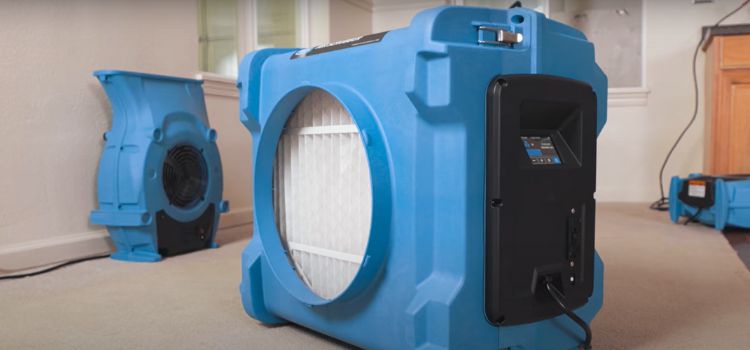
Regulatory Standards
Air scrubbers play a crucial role in ensuring clean air in various environments. Yet, many people worry about their safety, and understanding regulatory standards is essential to address these concerns. This blog post delves into the safety regulations and certification bodies associated with air scrubbers.
Safety Regulations
Safety regulations for air scrubbers are designed to protect users. Governments and agencies set strict guidelines to ensure these devices are safe. These regulations cover several essential aspects:
- Material Safety: Air scrubbers must be made from non-toxic materials.
- Operational Safety: Devices should operate without posing risks of fire or electric shock.
- Emissions: Air scrubbers should not release harmful substances into the air.
Compliance with these regulations is mandatory. Manufacturers must ensure their products meet all safety requirements. Regular inspections and testing are part of this process. Failure to comply can result in fines and product recalls.
User instructions and warnings must be clear and easy to understand. These help users operate the devices safely. Proper maintenance is also crucial. Regular maintenance checks can prevent potential hazards.
Certification Bodies
Certification bodies play a vital role in ensuring air scrubbers are safe. These organizations test and verify that products meet safety standards. Several well-known certification bodies include:
- Underwriters Laboratories (UL): Ensures electrical safety.
- ETL Listed Mark: Indicates compliance with North American safety standards.
- CE Marking: Shows conformity with European Union safety standards.
Certification involves rigorous testing. Products undergo multiple tests to ensure they meet all safety criteria. This process can include electrical safety tests, material safety checks, and performance evaluations.
Once a product passes all tests, it receives a certification mark. This mark is a sign of safety and reliability. Consumers should look for these marks when purchasing air scrubbers. It provides peace of mind knowing the product is safe to use.
Real-life Case Studies
Air scrubbers are devices that clean the air, removing pollutants and contaminants. Some people wonder if air scrubbers are dangerous. Real-life case studies can help answer this question. They show both success stories and negative outcomes.
Success Stories
Many people have experienced positive results from using air scrubbers. They have noticed a significant improvement in air quality. Here are some examples:
- Family with allergies: A family with severe allergies installed an air scrubber. Their symptoms reduced drastically, and they could breathe better and sleep well.
- Office environment: An office with poor air quality used air scrubbers. Employees reported fewer headaches and less fatigue. Productivity increased.
- Hospital setting: A hospital installed air scrubbers in patient rooms. Infection rates dropped. Patients recovered faster.
These success stories highlight the benefits of air scrubbers. They improve air quality and health. They make living and working spaces safer and more comfortable.
Negative Outcomes
While many people benefit from air scrubbers, some have faced issues. Here are a few adverse outcomes:
- Noise levels: Some air scrubbers can be noisy. They disturb sleep and work.
- Maintenance: Air scrubbers need regular maintenance. If addressed, they can become more effective and beneficial.
- Ozone emission: Certain air scrubbers emit ozone. High levels of ozone can be harmful. It can cause respiratory problems.
These adverse outcomes show that air scrubbers could be better. Users should choose a suitable model and maintain it properly. Awareness of potential issues can help avoid problems.
Frequently Asked Questions
Is It Safe To Be Around An Air Scrubber?
Yes, it is safe to be around an air scrubber. These devices improve air quality by removing contaminants. Always follow the manufacturer’s guidelines for optimal safety.
Are Air Scrubbers Bad For You?
Air scrubbers are generally safe. They improve indoor air quality by removing pollutants. Always follow the manufacturer’s instructions for optimal use.
Is It Safe To Sleep With An Air Scrubber On?
Yes, it’s safe to sleep with an air scrubber on. However, it must be maintained properly and follow the manufacturer’s guidelines.
Do All Air Scrubbers Produce Ozone?
Not all air scrubbers produce ozone. Only certain types emit ozone, such as those with ionizers or ozone generators. Always check product specifications.
Conclusion
Air scrubbers are generally safe and effective for improving indoor air quality. Proper installation and maintenance are crucial. Always follow manufacturer guidelines and consult professionals. By doing so, you can enjoy cleaner, healthier air without concerns. Prioritize regular checks to ensure optimal performance and safety.
